Howdy, Stranger!
It looks like you're new here. If you want to get involved, click one of these buttons!
If you have an email ending in @hotmail.com, @live.com or @outlook.com (or any other Microsoft-related domain), please consider changing it to another email provider; Microsoft decided to instantly block the server's IP, so emails can't be sent to these addresses.
If you use an @yahoo.com email or any related Yahoo services, they have blocked us also due to "user complaints"
-UE
If you use an @yahoo.com email or any related Yahoo services, they have blocked us also due to "user complaints"
-UE
What happened to (the image of) videogames?
I thought videogames were this sort of stuff:
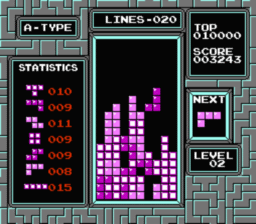
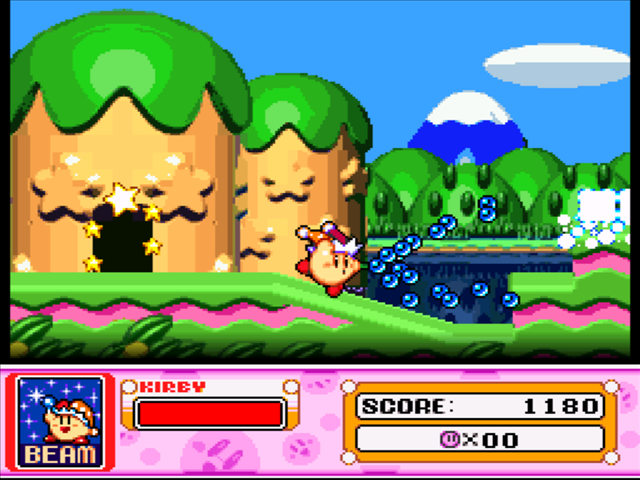
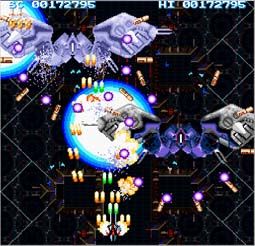
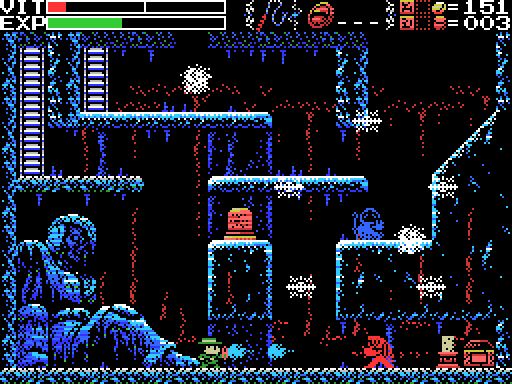
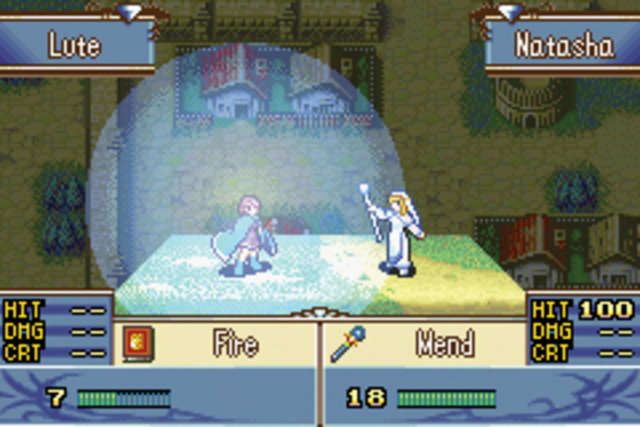
But apparently for some people (both fans and bashers) it's this:
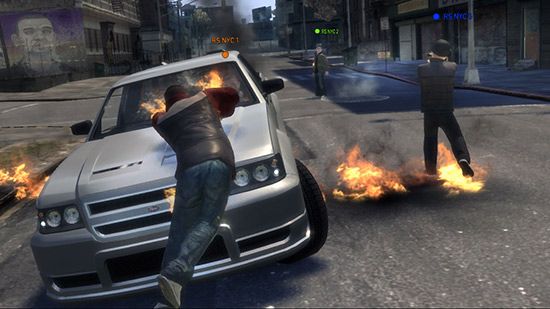
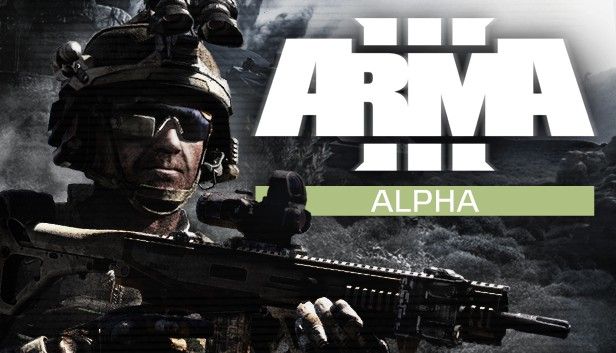
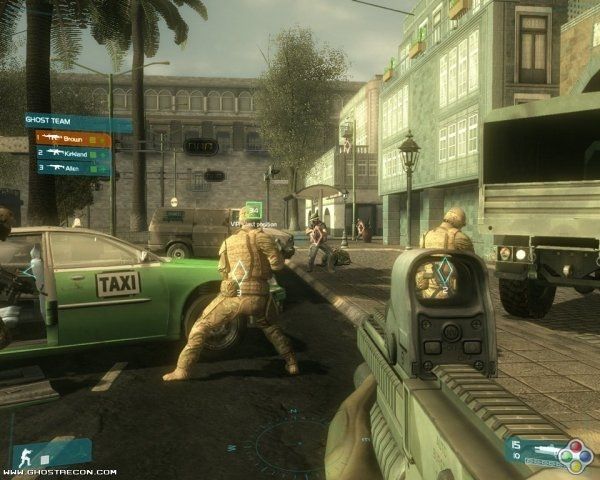
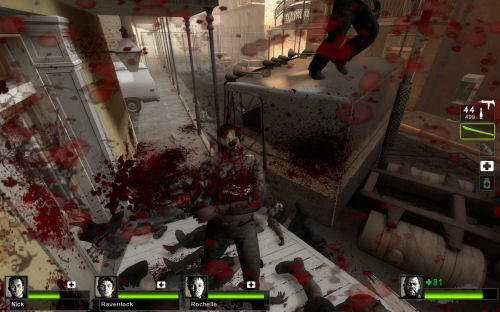
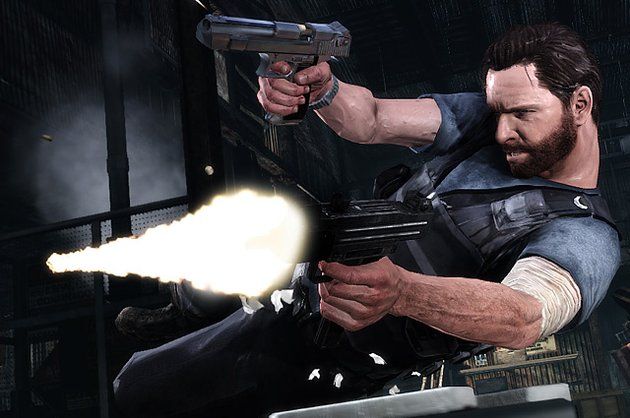
What the heck happened??


Comments
Graphics got better?
Why would you use Natasha instead of Moulder?
Also, because you're cherrypicking.
Yes, I am, and it's intentional. Note that I said "the image of". This thread isn't about what games there are, but rather, it's about what people mentally retrieve as their summary impression of videogames.
Because, if I'm thinking of the top set of games, and I say "I play videogames", I'm concerned that my audience will think I'm talking about the bottom set of games. I don't enjoy the prospect of either a dull non-conversation with someone who's going to try to discuss Halo or Call of Duty with me, or backtracking my statements in front of someone who doesn't play videogames but conjures an unfortunate mental image of me shooting people on computer screens.
This has always been like this for pretty much every interest ever, even most of the mainstream ones.
Because Moulder's only advantage is slightly higher Constitution, which doesn't really mean anything after a few levels when everyone starts getting a shitload of HP?
Anyway, you can't exactly cherrypick the cutesiest of the old games and compare them to the cherrypicked grittiest of the modern ones. I mean I could just as easily pull up these old games:
And compare them to these:
^ But were those grittiest of old games the image of "videogames" to a general audience back then?
Are these cutesiest of modern games the image of "videogames" to a general audience today?
Relevant?
Haven't people been complaining about violence in video games since basically forever ago?
Probably, yeah. Remember that "casual games" are also some of the most popular, and the most likely that a general audience (i.e. not mostly young males) is going to be talking about.
Doom is one of the most popular games of all time, so yes.
And so is Angry Birds, so double yes.
People cried apocalypse about Doom and arcade Terminator constantly back in the day, Mario Galaxy is one of the best known games of the modern era, and Nintendogs is one of the best-selling of all time. So for the most part I'm gonna say yes.
At the very least, I guarantee you most Westerners back in the glory days hadn't heard of FE8 as that was 2004 and mostly marketed to a niche who'd already heard of the series, fucking La-Mulana because that was 2005 and never even localized until last year, or some obscure-ass 68K shmup that never made it overseas at all (wtf?). Most people who aren't FPS connoisseurs haven't heard of Arma, and people tend to give Ghost Recon a free pass because they see Tom Clancy on the cover and think it's all sophisticated-like since he's the guy what makes them fancy books.
^ I totally forgot Angry Birds. That would've proved the point, like, instantly.
ArmA is more on the realistic side, and it's a military simulator... A better example would be Call of Duty, since it's widely known.
As for Contra, it's pretty big back in the day.
Oh, and don't forget this delightful thing.
Which gets bonus points for being infamous, wildly popular, and a clunky, shitty game that deserved none of it.
Ah yes, a key force in the SNES vs. Megadrive wars.
Dangit, I'm out with the times even when it comes to complaining about being out with the times. I guess my criticisms would have been slightly truer a few years ago before the rise of casual gaming.
That said, the modern half of my argument still kinda applies for people who self-identify with the term "gamer". You're not going to get Angry Birds or Bejeweled players identifying as gamers, typically. They may be described as gamers by others (such as commentators and industry experts) but if you walk into a room and ask for "a fellow gamer" chances are much higher that you'll find a Call of Duty player.
As for the choices of pictures, I was just going for the general style and aesthetics, rather than the particular games.
FWIW, this was triggered by my visiting the Steam store frontpage and, for the n+10th time, seeing gritty shooters being advertised.
Honestly, if not for JBridge's buying me Recettear, I might never have gotten a Steam account. Valve should damn well thank him for that.
That's mostly a problem with American AAA developers being too afraid to do anything but reskin Call of Duty over and over, then flooding advertisements to an American distributor they all work with. The problem isn't the overall image, it's the top. And it's very, very local and has been threatening to reach critical mass for a while now because even our own gamers are getting tired of it outside of frathouses.
While we're at it, I must say that I don't find anything inherently worse in the recent trend of brown-filtered FPSes than in the old trend of color saturated mascot platformers.
Oh come on, everyone loved James Pond 3: Operation Starfi5h. I guarantee it's the best game in the genre of "secret-agent-cum-astronaut fish with magnet boots fighting evil rats on a cheese moon" that you'll ever play.
In all honesty I do remember having a lot of fun with that game, but I'm not sure if it was actually good or if I was just way too easily entertained by weird shit when I was that little. I seem to remember it being surprisingly long and with more hidden exits than most games.
I don't know, postal is a pretty old game and its basically "how to be a serial killer"
That was what, 1997? Eh, I'd put it on the border of the glory days. Could go either way.
Re color: Well, color is one thing, but honestly, I've found that modern games aren't quite as brown as they are often criticized for being.
However, the bigger problem with them is the level of directly portrayed violence -- how developers have been aiming for increasing verisimilitude (i.e. "realism" but from the angle of what the theoretical player "wants" to see, so we're talking about things like blood effects and "how badly can the human body be mangled with a chainsaw"), combined with how this sort of game has been heavily marketed and has become one of the most prominent "faces" of the videogame medium these days.
Sure, you had Postal and Doom back in the old days, but this stuff is more dominant in the public face of the industry these days, at least toward the audience that considers themselves to be gamers.
(As successful as Farmville, Angry Birds, and other casual-oriented games are, I think that they're more seen as fun diversions than formalized hobbies. Correct me if I'm wrong.)
I guess it's a matter of the platform rather than the era. Nintendo, which spearheaded the home console market back "in the old days" (by which I roughly mean the 80s and early 90s) has always had a reputation for family-friendly games, while arcade games of the time were considerably more violent, as well as many Spectrum/C64/Amiga/PC games (though they were mostly played by computer enthusiasts). The rise of PC gaming, loss of Nintendo's monopoly in console gaming and the beginning of the end of arcades, which happened around mid-90s, probably contributed to violence in home gaming becoming more mainstream.
Thinking of it, Ninty's insistence on family-friendly games makes sense as a smart business move. I'd imagine that they figured out that parents would be more content with their kids playing cutesy games in the safety of their homes than letting them go to the arcades.